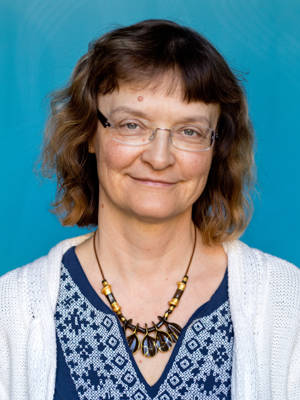Child recruitment to armed forces and armed groups is illegal by international law. The recruitment of minors represents an ethical problem in itself, but minors in armed forces and armed groups also represent a challenging issue and a stumble stone in peacemaking and DDR processes. This project takes the international framework on child soldiers as the point of departure – that is – conventions on the rights of the child, UN resolutions and central documents by important actors like UNICEF. It looks into the main regulations and recommendations in these documents and holds them up against research and case studies on the experiences of child soldiers in DDR processes. The project includes case studies of minors in DDR processes from Colombia and the Philippines.
The UN standards for DDR processes (IDDRS) states that there should be two separate DDR processes, one for adult soldiers and one for minors, and that the children should be physically separated from the adult soldiers. However, case studies have shown that for some minors this separation has been a bad experience. The main focus of this project will therefore be on the stringency of the regulations and recommendations in these international documents and how well they are adapted to the variety of contexts of the many armed conflicts globally. International documents also insist on family reunification, but for some girl soldiers in particular this has been problematic. Another subordinated research question is therefore: Does the idea of family reunification and reintegration back into the local community work for minors, and in particular for girl soldiers who are normally more stigmatized than boy soldiers? Finally, the project also critically addresses the role of the state in the management of minors in cases where the state constitutes one of the conflicting parties.
The project is funded by the Norwegian Ministry of Foreign Affairs.






